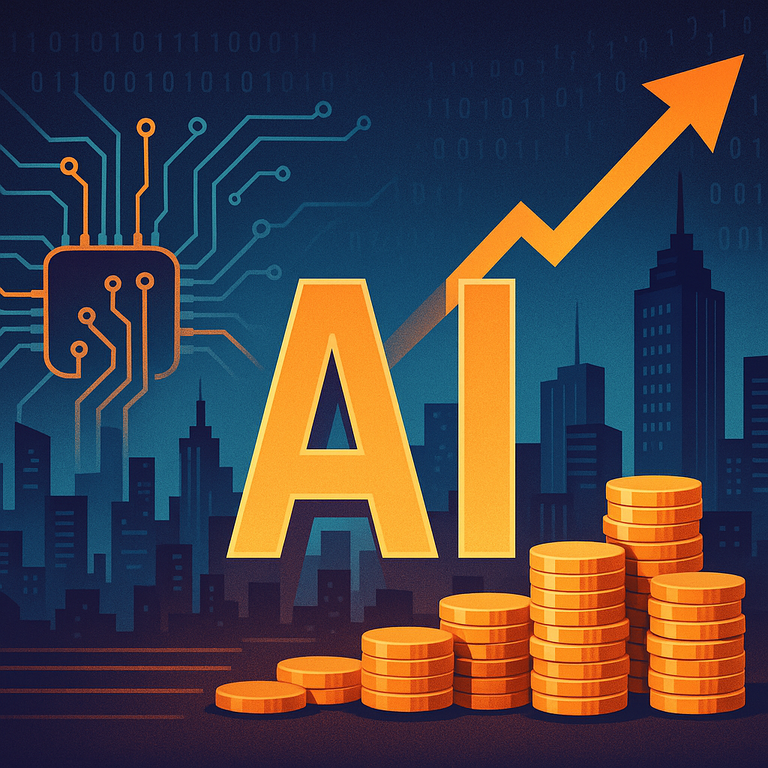Billions being spent on AGI, but who will benefit in the long run...?
Silicon Valley is caught up in an AI gold rush, with companies competing to get ahead in the AI race reportedly trying to poach the most talented AI developers with eye watering signing bonuses.
Sam Altman, CEO of OpenAI, has recently accused Meta of trying to poach his employees with jaw-dropping $100 million signing bonuses — a figure that would have been laughable even just a few years ago.

Aquire-Hires...
Meta's recent $14.3 billion purchase of Scale AI reflects how companies now buy up startups mainly for the talent behind them. With Mark Zuckerberg reportedly ready to invest another $1 billion in just two AI scientists, it's a sign of size of the punt these companies are prepared to make on AI.
These enormous paychecks and takeovers are not in the name of glory or product development — they are for monopolizing market domination. Whoever builds the first truly AGI system may redefine world economics, geopolitics, and even the very nature of human work.
Is Artificial General Intelligence Really That Close?
Much of the urgency stems from a Silicon Valley belief that AGI — an artificial intelligence program that can perform any intellectual activity a human can do — is now no longer on the horizon. For decades, AGI had been doing this fuzzy, sci-fi thing. However, recent developments in large language models, robots, and autonomous systems have rekindled hopes (and nightmares) that it could be arriving within the next 5-10 years.
This has opened a race not just for talent, but for data, compute power, and regulatory authority. The victors in the AGI race may gain unprecedented economic influence. They can automate high-order work, reshape industries from law to medicine, and generate wealth on a previously unimaginable scale. That is why firms like OpenAI and Meta are willing to spend billions — it is an expense worth paying for what may be the "new oil" of the internet.
Potential risks...?
But the hype is not without criticism. The argument is that today's AI systems, though amazing, are still light-years from showing genuine general intelligence. More importantly, putting so much power in the hands of such limited numbers of tech companies is a concern....
While I am sure many of the benefits of AGI will trickle out of Silicon Valley, I think it'll be more the case of trickling out to the tax havens of the super rich, rather than trickling down to the ordinary person, who will probably find AGI massively alienating as fewer and fewer tasks become worth doing oneself because machines can do them better.
Posted Using INLEO
These are scary times. This technology could be used for evil means like developing new viruses and other toxins. It will also replace a lot of jobs even if it is not at human level as it can do things quicker than people, possibly at lower cost. All this image generation stuff may be distraction as folk will not pay that much for it. We are seeing generated content earning on Spotify and possibly other platforms. It will improve and it will be harder to detect. That has implications for Hive.
I think most content these days is AI assisted if not created, I mean who doesn't use a grammar or spell checker?!? There's gonna be a lot less thinking going on going forwards!
Congratulations @revisesociology! You have completed the following achievement on the Hive blockchain And have been rewarded with New badge(s)
You can view your badges on your board and compare yourself to others in the Ranking
If you no longer want to receive notifications, reply to this comment with the word
STOP